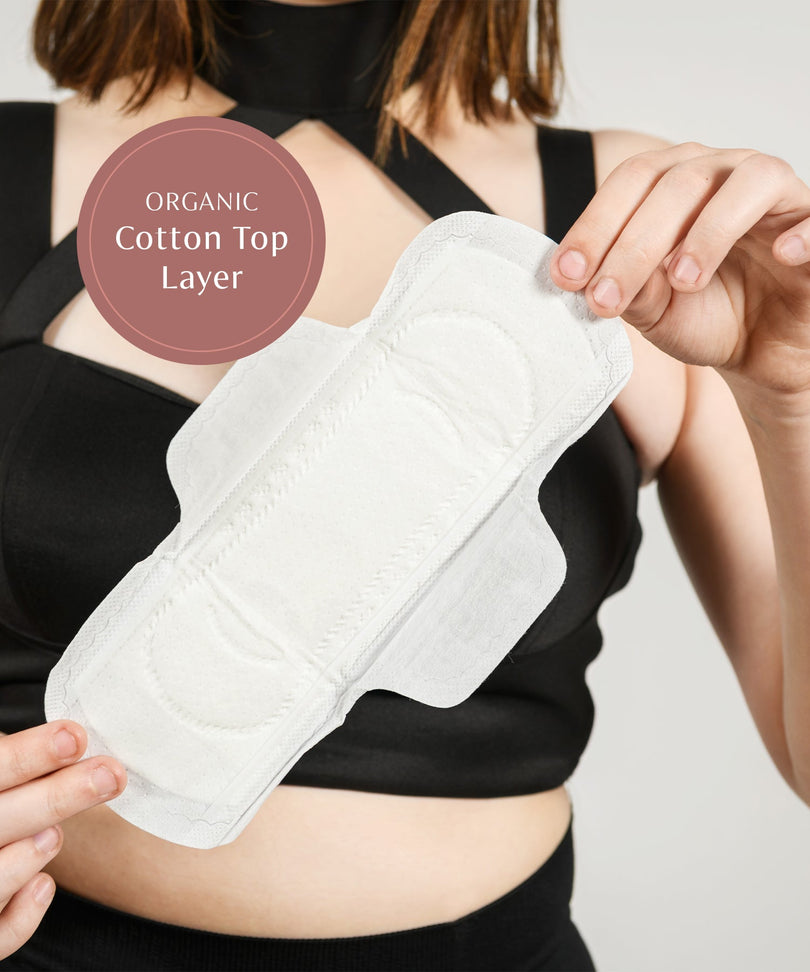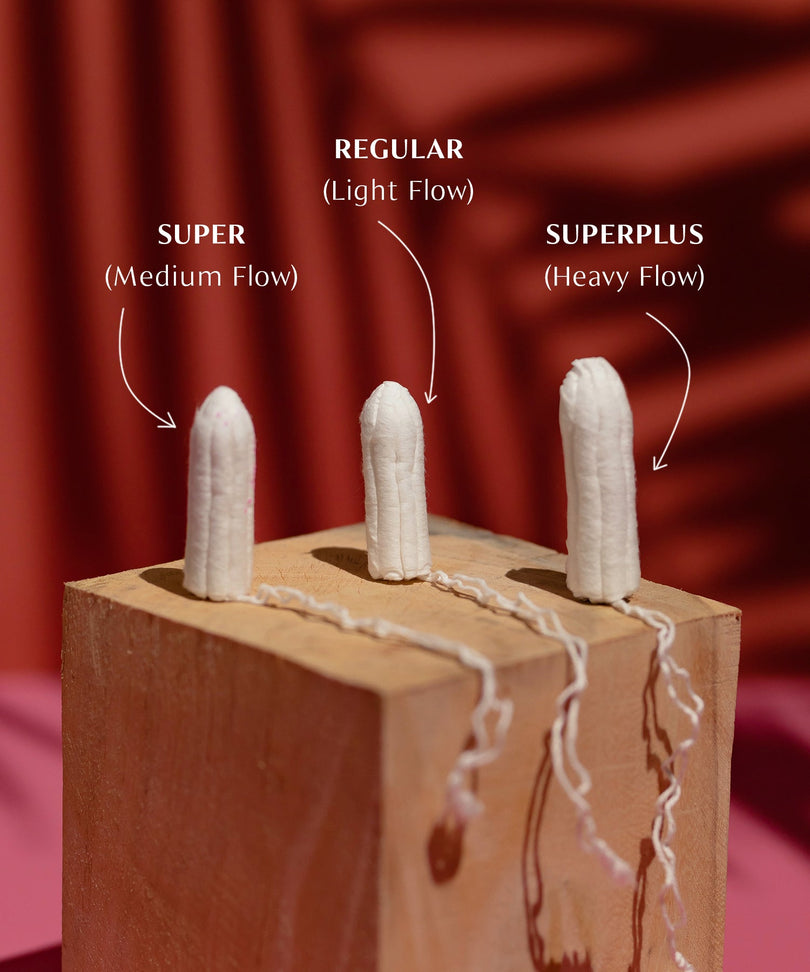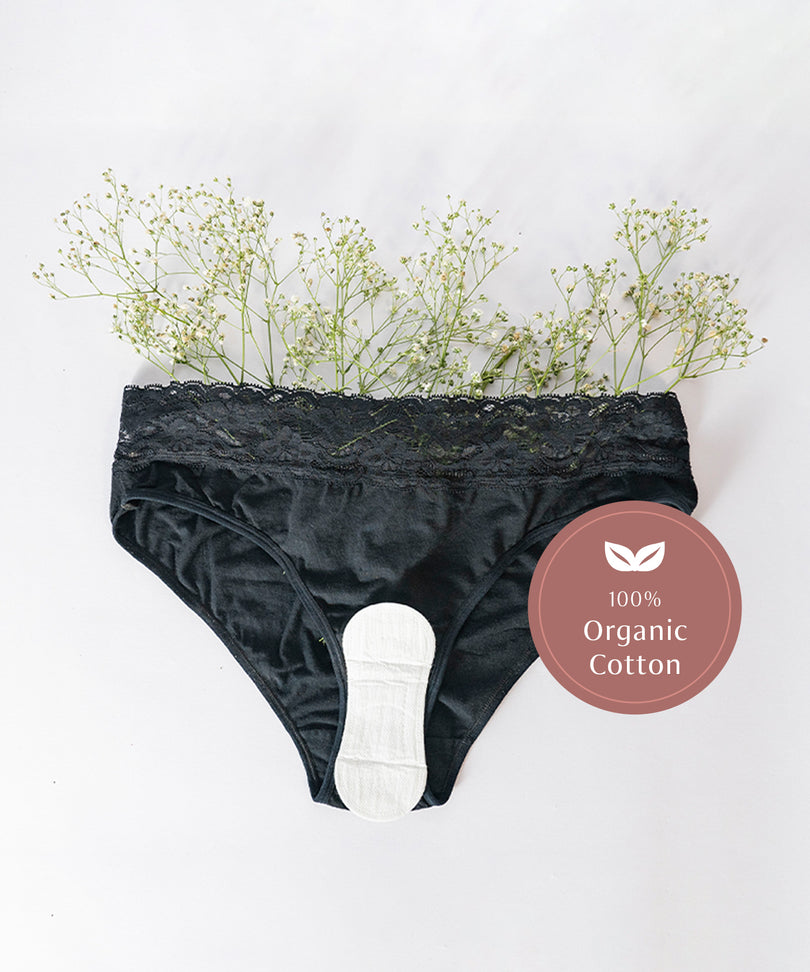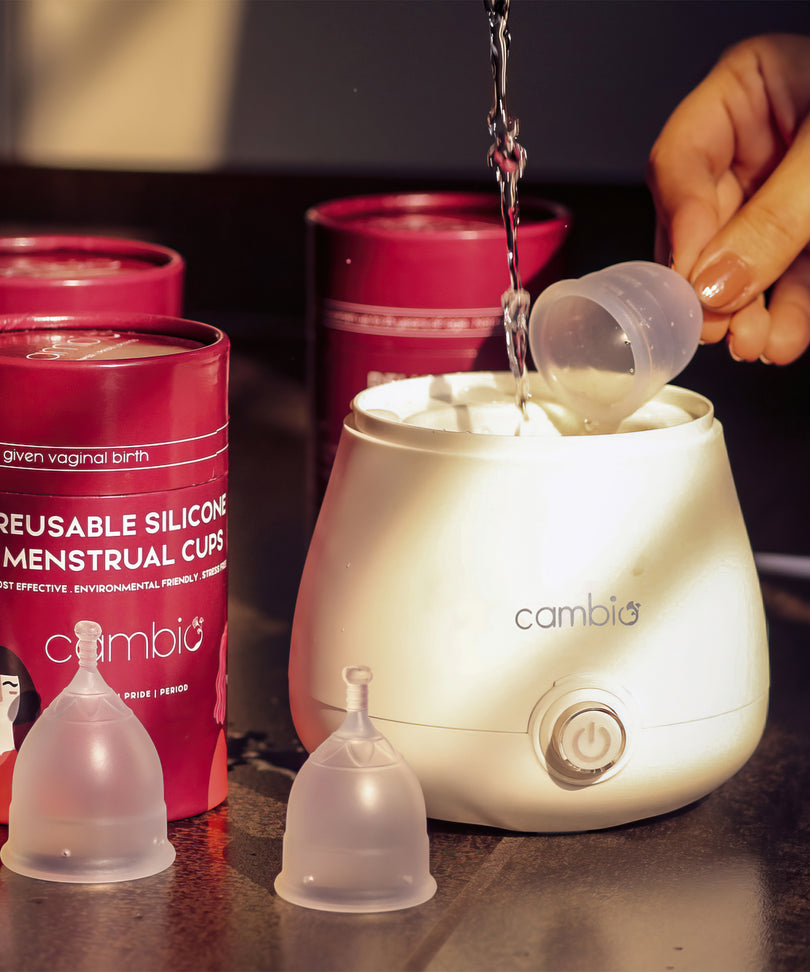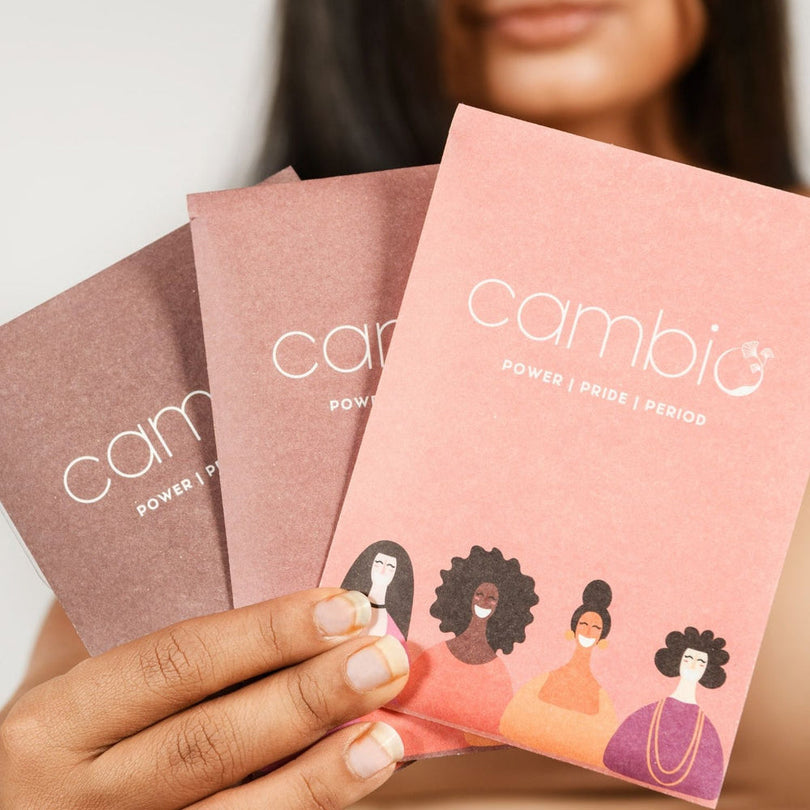What counts as sex?
Sex is a unique experience for everyone.
Several factors contribute to this:
- Biology: Hormones and body parts all play a role in how we experience sex.
- Mindset: Our emotions, stress levels, and past experiences impact how much we enjoy sex.
- Background: Culture, religion, and societal messages shape our sex views.
- Attraction: Who we're attracted to and how we identify on the gender spectrum influences what's pleasurable.
For example, someone might be physically receptive to touch, but if communication is lacking or there's no emotional connection, sex might not be satisfying.
Will sex be painful the first time?
Sex doesn't have to be painful the first time. Here's the deal:
- Discomfort is possible: During vaginal sex, some people experience discomfort or light pain if the hymen (a stretchy membrane) stretches or tears. Not everyone has this, and even if it happens, it's usually mild.
- Lubrication matters: If things feel dry, use a water-based lubricant to make sex more comfortable.
- Communication is key: Talk to your partner about what feels good and what doesn't. Slow down or stop if anything hurts.
Sex should be pleasurable! If you're worried or have questions, consider talking to a healthcare professional, your partner or a trusted adult.
Will you bleed the first time you have vaginal sex?
Bleeding the first time you have vaginal sex is possible, but it's not guaranteed for everyone. Here's the breakdown:
- Hymen and bleeding: Some people bleed when the hymen, a thin tissue near the vaginal opening, stretches or tears during sex.
- Not everyone bleeds: The hymen can vary from person to person. Some are born with very little hymenal tissue, and others might have it stretched already from activities like sports or using tampons.
- Focus on comfort: Whether you bleed or not, the main thing is to feel comfortable and relaxed.
Relax, it's normal! Both bleeding and not bleeding are normal experiences. If you have any concerns, talking to a healthcare professional can be helpful.
What if he's too big for you?
From a scientific standpoint, penis size and vaginal comfort are generally compatible. The vagina is elastic and expands during arousal to accommodate most penis sizes. Discomfort can arise with larger-than-average partners, but adequate lubrication, gradual penetration, and open communication can significantly improve the experience. Sexual satisfaction and successful reproduction depend more on communication, comfort, and lubrication than on exact measurements.
Is orgasm necessary for it to count as sex?
No, orgasm is not necessary for sex to count as sex.
Sex can be defined as any sexual activity that involves genital stimulation. This can include intercourse, oral sex, manual stimulation, or any other activity that creates sexual arousal.
Orgasm can be a pleasurable outcome of sexual activity, but it's not the sole indicator or requirement.
How to know if you're having an orgasm?
Generally, certain physical indicators indicate the feeling of an orgasm:
- Physiological: Increased muscle tension/release in genitals and potential rises in heart rate and breathing.
- Behavioural: Vocalizations of pleasure (though not universal) and involuntary movements might occur.
Orgasm experiences vary, and open communication is crucial for understanding your partner's responses.
Is it necessary to use a condom?
Yes, condom use is highly recommended in many situations. Here's why:
- Prevents pregnancy: Condoms are a very effective, though not perfect, method of birth control.
- Protects against STIs: Condoms are the only birth control method that helps prevent the spread of most sexually transmitted infections.
- Reduces risk: Even if you're in a committed relationship, condom use can be a responsible choice, especially if you or your partner haven't been recently tested for STIs.
How to properly put on a condom?
Before you begin:
- Check expiration: Verify the condom isn't expired (check the package date).
- Open carefully: Tear the wrapper with your fingers, avoiding sharp objects like teeth or jewellery.
Putting it on:
- Pinch the tip: Squeeze the reservoir tip (small pouch at the end) to leave space for ejaculation.
- Unroll smoothly: Place the condom on the erect penis and unroll it down the entire length to the base.
- Ensure snug fit: The condom should feel snug but not constricting.
After sex:
- Hold and remove: While still erect, hold the rim of the condom to prevent slippage during withdrawal.
- Discard properly: Carefully remove the condom and throw it in the trash. Don't reuse condoms.
Additional tips:
- Use a water-based or silicone-based lubricant to ease application and reduce friction.
- If the condom feels loose or damaged, discard it and use a new one.
Consistent and proper condom use is essential for effective pregnancy prevention and Sexually Transmitted Infection (STI) protection.
Should you shave your pubes before sex?
Shaving your pubic hair before sex is a personal choice! There's no right or wrong answer. Here's a breakdown to help you decide:
- Do what feels good: Some people prefer a smooth feeling, while others don't mind hair. It's all about your comfort and preference.
- Consider irritation: Shaving can cause razor bumps or ingrown hairs, which can be itchy and uncomfortable. If you're prone to this, you might want to trim instead.
- No impact on cleanliness: Pubic hair doesn't affect hygiene. Your genitals naturally clean themselves.
- Talk to your partner: Communication is key! If you're unsure, chat with your partner about what they prefer.
Ultimately, the choice is yours! Focus on what makes you feel most comfortable and confident.
How to practice good hygiene during sex?
Here's the scoop on good hygiene for a healthy and enjoyable sex life:
- Wash hands: This is a big one! Always wash your hands with soap and water before, during (if needed), and after sex. This helps prevent the spreading of bacteria or germs.
- Shower or freshen up: Consider cleaning your genitals with warm water (and mild soap if needed) before and after sex. This can be especially helpful for removing any lingering lubrication or bodily fluids.
- Skip the douching: Your vagina is naturally self-cleaning, so douching is not recommended. Douching can disrupt the healthy balance of bacteria in your vagina and increase your risk of infections.
- Urinate after sex: Going to the bathroom after sex can help flush out bacteria that might cause a urinary tract infection (UTI).
- Consider condoms: Using condoms during vaginal, anal, or oral sex helps prevent the spread of sexually transmitted infections (STIs).
- Clean sex toys: If you use sex toys, clean them thoroughly with warm water and soap after each use.
By following these simple steps, you and your partner can help ensure a healthy and pleasurable sexual experience.
Conclusion
Having sex for the first time can feel like a major leap. And it’s perfectly fine if you’re feeling various emotions now.
Sex is all about bonding with your partner, understanding each other better and exploring your desires.
So don’t put too much pressure on yourself. And remember that it’s okay if your first time is awkward.
Understanding your and your partner’s likes and dislikes takes time. And just like any other activity, with practice, you will get better.
So just relax, know everything there is to know and start your sexploration journey!
Resources:
- Sexuality Education Resource Center (SERC): https://studentaffairs.iupui.edu/health/wellness-programs/sexual-health-education.html -
- Scarleteen: https://www.scarleteen.com/
- CDC - Division of STD Prevention: Centers for Disease Control and Prevention - Division of STD Prevention website: https://www.cdc.gov/std/
- Thrive: Sexual Health and Education: https://tfyhi.socialwork.utexas.edu/thrive/
- Mayo Clinic: https://www.mayoclinic.org/healthy-lifestyle/sexual-health/basics/sexual-health-basics/hlv-20049432

